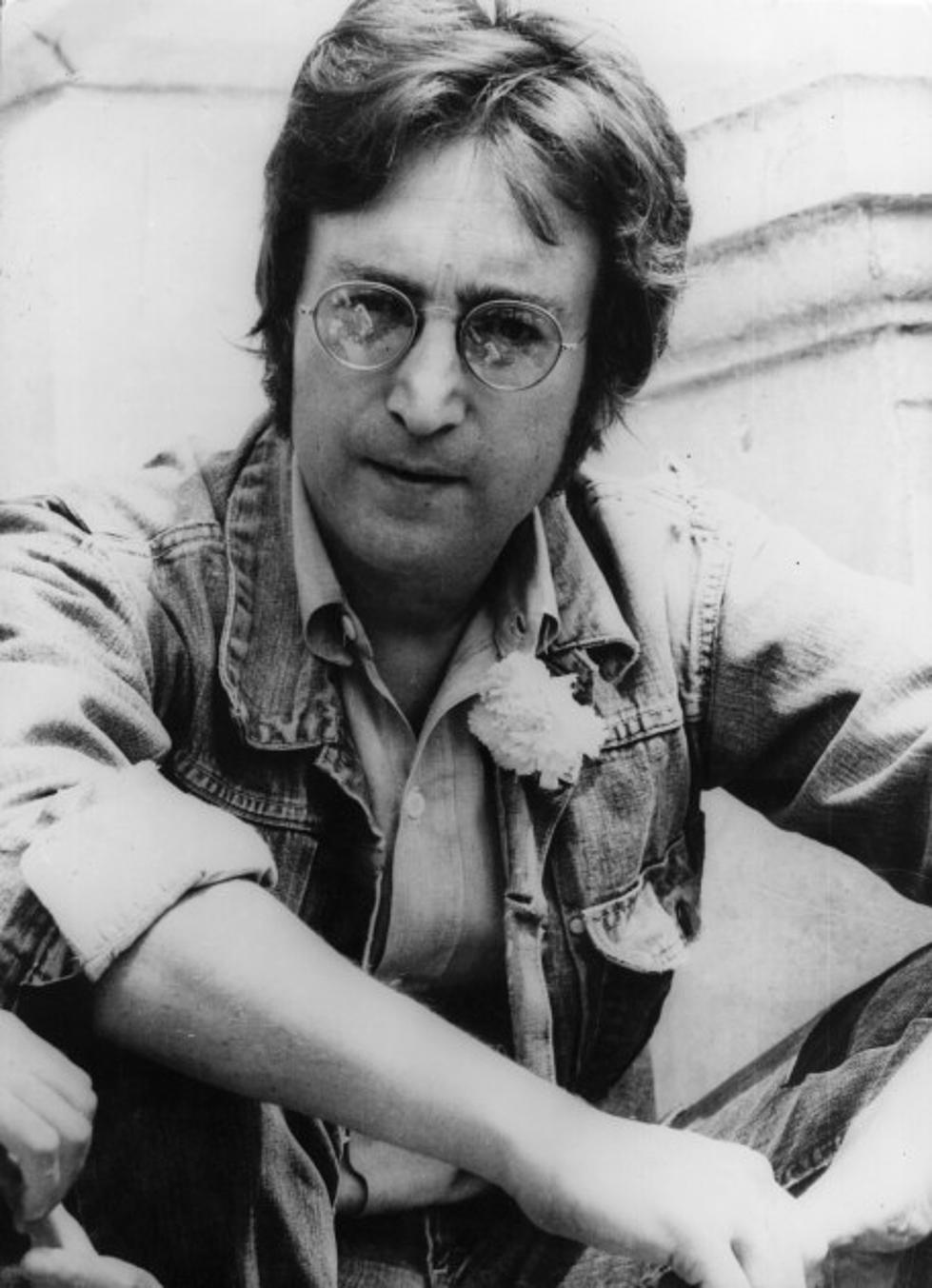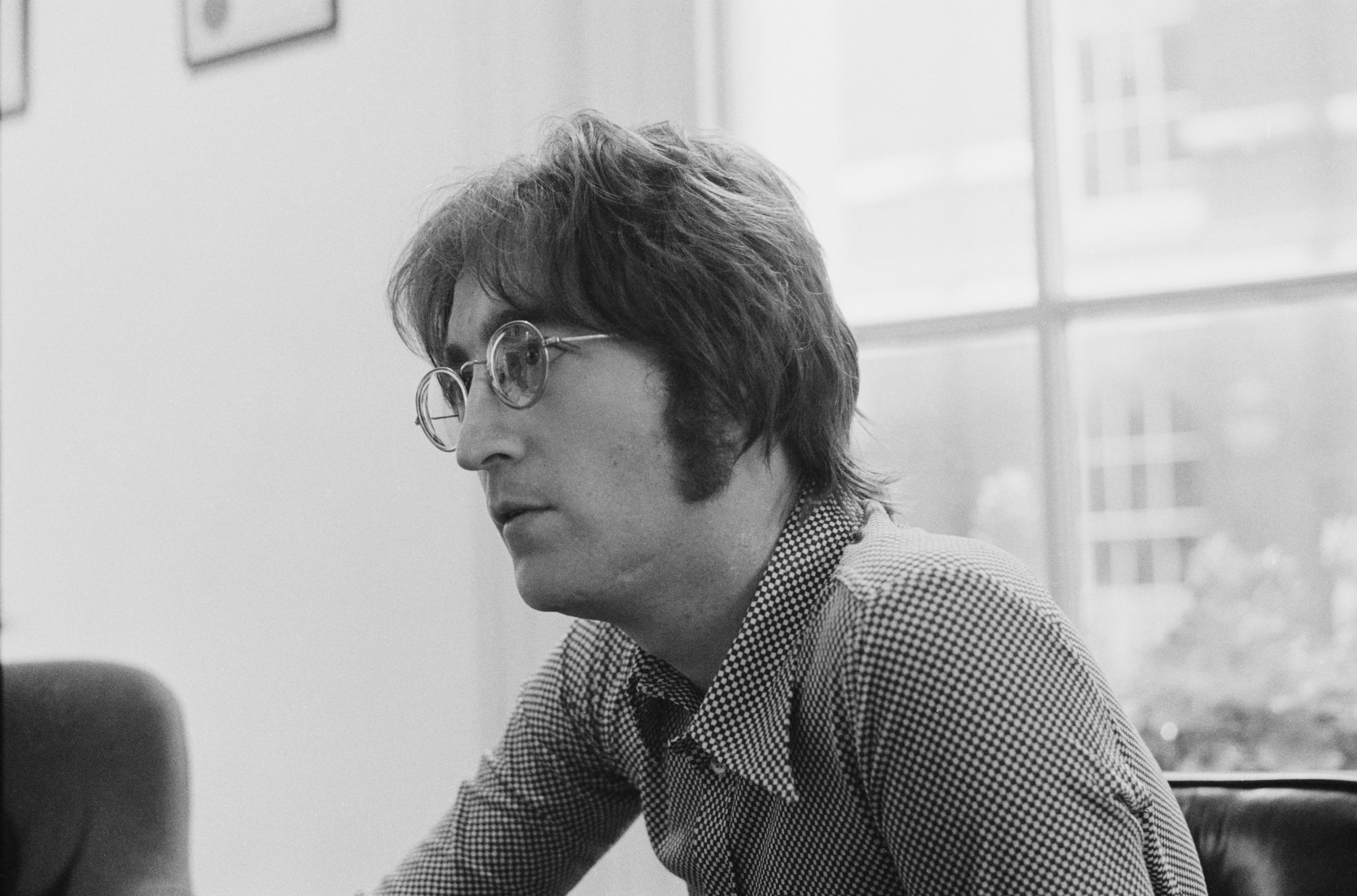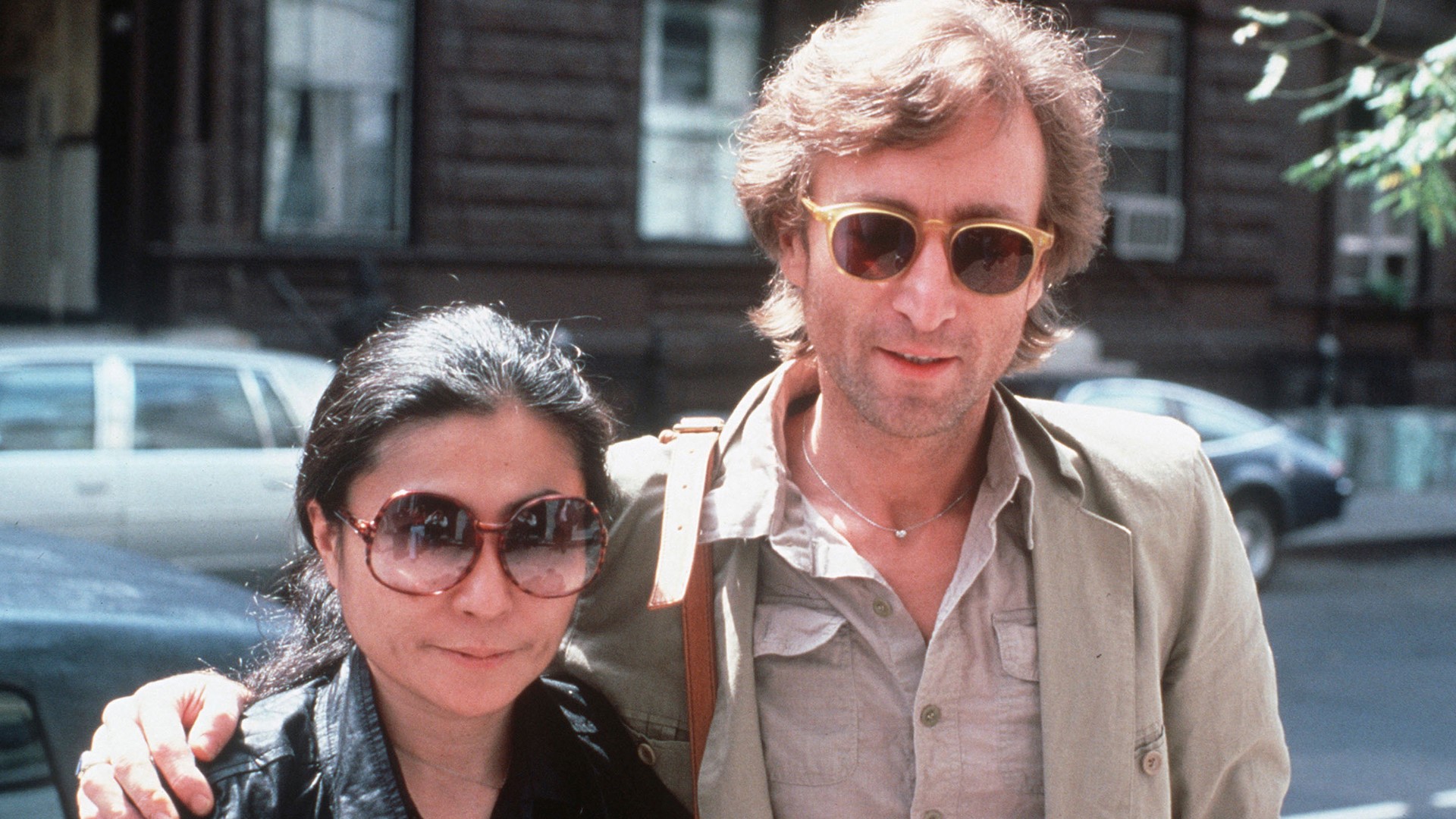John Lennon Death Monday Night Football: The Tragic Coincidence
The death of John Lennon remains one of the most tragic and shocking events in music history. On December 8, 1980, the world lost a legendary artist whose contributions to music and peace activism continue to inspire generations. What makes this event even more poignant is its connection to an iconic American television event, Monday Night Football. In this article, we delve into the details surrounding Lennon's death and its coincidental timing with the broadcast of Monday Night Football.
John Lennon was more than just a musician; he was a cultural icon whose life and work transcended the boundaries of art and politics. His death left an indelible mark on the world, sparking widespread grief and reflection on his legacy. As we explore the events of that fateful evening, we will uncover the unique circumstances that intertwined Lennon's passing with a national sports event.
This article aims to provide a comprehensive account of the events leading up to Lennon's death, the impact it had on millions of fans worldwide, and the peculiar connection to Monday Night Football. By examining historical records, witness testimonies, and expert analyses, we will piece together the story of this tragic coincidence.
Read also:Marc Clotet Net Worth Unveiling The Wealth And Achievements Of A Remarkable Talent
Biography of John Lennon
Early Life and Career
John Lennon was born on October 9, 1940, in Liverpool, England. He rose to fame as a founding member of The Beatles, one of the most influential bands in history. Lennon's talent as a musician, songwriter, and vocalist helped shape the sound of the 1960s and beyond. Beyond his musical achievements, Lennon was a vocal advocate for peace and social justice, using his platform to address global issues.
Below is a summary of John Lennon's personal and professional life:
| Full Name | John Winston Ono Lennon |
|---|---|
| Date of Birth | October 9, 1940 |
| Place of Birth | Liverpool, England |
| Spouse | Yoko Ono |
| Children | Julian Lennon, Sean Lennon |
| Occupation | Singer, Songwriter, Musician, Activist |
Monday Night Football: A National Institution
Monday Night Football is an American institution that has been broadcasting NFL games since 1970. By 1980, it had become a staple of American television programming, drawing millions of viewers each week. The program's popularity made it a significant cultural event, often discussed in households across the country.
On the evening of December 8, 1980, millions of Americans tuned in to watch the game between the New York Jets and the Miami Dolphins. Little did they know that this night would be forever remembered for a tragedy that transcended sports.
The Tragic Event Unfolds
The Last Day of John Lennon
December 8, 1980, began as an ordinary day for John Lennon. He spent time with his wife, Yoko Ono, and their son, Sean, at their home in New York City. That afternoon, Lennon and Ono visited the recording studio to work on their latest project, "Double Fantasy." The album had just been released, and it was receiving critical acclaim.
Later that evening, Lennon and Ono left their apartment at The Dakota to attend a recording session. As they exited the building, Lennon signed autographs for fans, one of whom was Mark David Chapman. This seemingly innocuous interaction would have devastating consequences.
Read also:Home Depot Port Charlotte A Comprehensive Guide To Your Local Home Improvement Store
The Assassination
At approximately 10:50 PM, John Lennon and Yoko Ono returned to The Dakota. As Lennon entered the building, Mark David Chapman fired five shots, striking Lennon four times. The beloved musician was rushed to Roosevelt Hospital, where he was pronounced dead at 11:07 PM.
Chapman, a deeply troubled individual with a history of mental illness, was apprehended at the scene. He reportedly sat on a bench reading J.D. Salinger's "The Catcher in the Rye," a book that would later become central to the investigation and public discourse surrounding Lennon's death.
The Connection to Monday Night Football
A Night of Tragedy and Football
As news of Lennon's death spread, it coincided with the Monday Night Football broadcast. The game between the Jets and Dolphins was nearing its conclusion when the tragic news broke. ABC, the network broadcasting the game, faced a challenging decision: whether to interrupt the program to report on Lennon's death.
In the end, the decision was made to announce the news during the post-game show. Howard Cosell, one of the most recognizable voices in sports broadcasting, delivered the somber news to a shocked audience. His emotional delivery left a lasting impression on viewers, many of whom were unaware of Lennon's significance beyond his music.
Public Reaction and Global Impact
The world reacted with disbelief and sorrow upon hearing of John Lennon's death. Fans gathered outside The Dakota, leaving flowers, candles, and messages of condolence. Lennon's assassination sparked widespread outrage and calls for stricter gun control laws in the United States.
Yoko Ono requested a global moment of silence on December 14, 1980, to honor Lennon's memory. Millions around the world participated, demonstrating the profound impact Lennon had on people's lives. His legacy as a peace advocate and musical innovator continues to inspire new generations.
Investigation and Legal Proceedings
The Trial of Mark David Chapman
Mark David Chapman was arrested and charged with the murder of John Lennon. His trial attracted international attention, with many questioning his motives and mental state. Chapman eventually pleaded guilty and was sentenced to 20 years to life in prison.
The trial revealed Chapman's obsession with "The Catcher in the Rye" and his desire to achieve fame through Lennon's assassination. His actions remain a chilling reminder of the dangers of celebrity obsession and mental health issues.
Legacy and Remembering John Lennon
John Lennon's death left an indelible mark on the world, but his legacy lives on through his music and activism. Strawberry Fields, a memorial dedicated to Lennon in Central Park, serves as a tribute to his life and contributions to peace. Fans from around the globe visit the site to pay their respects and reflect on his impact.
Lennon's music continues to resonate with listeners of all ages, inspiring countless artists and activists. His message of peace and unity remains as relevant today as it was during his lifetime.
Lessons Learned
Preventing Future Tragedies
The death of John Lennon highlighted the need for improved security measures for public figures and greater awareness of mental health issues. In the years following his assassination, there have been efforts to address these concerns, though much work remains to be done.
As a society, we must continue to advocate for policies that protect vulnerable individuals and promote mental health awareness. Lennon's legacy serves as a reminder of the importance of compassion, understanding, and action.
Conclusion
John Lennon's death on December 8, 1980, was a tragedy that shocked the world. Its coincidental timing with Monday Night Football made it an unforgettable moment in history. Through this article, we have explored the events leading up to Lennon's assassination, its impact on global audiences, and the lessons we can learn from this tragedy.
We invite you to share your thoughts and reflections in the comments below. If you found this article informative, please consider sharing it with others who may appreciate learning about John Lennon's life and legacy. For more articles on music history and cultural icons, explore our website further.
Table of Contents
- Biography of John Lennon
- Monday Night Football: A National Institution
- The Tragic Event Unfolds
- The Assassination
- The Connection to Monday Night Football
- Public Reaction and Global Impact
- Investigation and Legal Proceedings
- Legacy and Remembering John Lennon
- Lessons Learned
- Conclusion


